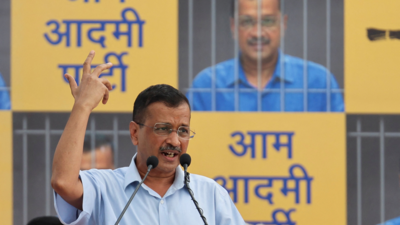
The Enforcement Directorate, tasked with investigating financial crimes, contends that the trial court's bail decision was flawed and seeks to overturn it. This move has drawn significant attention, as it could impact Kejriwal’s political standing and governance.
Arvind Kejriwal, who has been at the center of controversy, was previously granted bail by a trial court, which concluded that there was insufficient evidence to keep him in custody. The Enforcement Directorate, however, argues that the charges against Kejriwal are serious and warrant his continued detention pending further investigation.
The court’s decision will be pivotal in shaping the future of the ongoing investigation and could set a precedent for how similar cases are handled in the future. Kejriwal’s legal team maintains that the charges are politically motivated and aimed at undermining his administration.
As the Delhi High Court deliberates, both the political and legal communities are closely monitoring the situation. The outcome of this case will likely influence the dynamics of Delhi’s political landscape and the effectiveness of anti-corruption measures in the region.
The Enforcement Directorate’s challenge underscores the tension between investigative agencies and political figures in India, reflecting broader concerns about accountability and governance.
